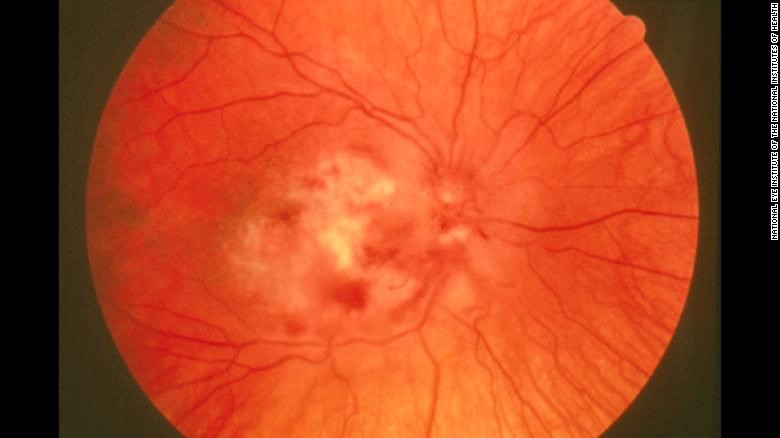Predicting Illness Through Soul's Window
By Jose Rangel '21
Researchers from the Department of Epidemiology at Johns Hopkins Bloomberg School of Public Health have published a 20-year-long study which indicates that damage to the ocular vasculature (blood vessels in the eye) is correlated with decreased cognitive fortitude. Soon enough, the ability to diagnose severe illnesses will be as simple as peering into someone’s eyes.
Starting in 1990, twelve thousand men and women with the average age of 60 were brought together to participate in the study that would test their language skills, memory, and planning ability. Their scores were saved and documented, and the participants would be asked to return three more times over the course of twenty years.
However, during their tests, the participants would also be examined using fundus photography to observe the state of the vasculature in their eyes. According to the lead researcher, Jennifer A. Deal, it is entirely possible to check for increased mental illness by peering into the eyes since the blood vessels have a very striking resemblance in both the retinas and the brain.
If there is perceived damage such as microaneurysms or hemorrhages that have resulted from increased aging or illness, then it is entirely possible that the brain may be suffering as well: this is exactly what the test has confirmed.
Over the 20-year study, 5% of the participants have developed mild to severe retinopathy (damage to the retina’s blood vessels), and their average score results were noted to have dropped 1.22 standard deviation units. Overall, the difference of 0.57 standard deviations between them and their healthy counterparts shows a strong correlation between retinal health and cognitive decline.
This study brings light to new possibilities of diagnosing patients by using more conventional methods such as fundus photography or optical coherence tomography angiography, which could identify vascular lesions and their effects. This route can improve the use of MRI scans, acting as in indicator that as specific illness may be conflicting the body.
Dr. Sam Gandy, director of the Mount Sinai Center for Cognitive Health, remarks that both dementia and Alzheimer’s can be contributed to blood vessel blockages and ruptures in the brain, but today’s technology is not enough to properly view the brain blood vessels. With more developments in these techniques, cardiovascular problems, mental changes, cancer, and thyroidal issues could be easier to predict, as these diseases leave particular clues in the eyes before taking a toll on the body.
As for the future of these new advancements, there are a lot of benefits directed towards diagnostic examinations and pharmaceutical drugs. Physicians during daily examinations could routinely look at the “windows to the soul” as a method to spot irregularities in the blood vessels. Though this method is far from singularly diagnosing patients with specific diseases, it can allow for severe illnesses to be diagnosed early . With a combination of MRI scans, bloodwork, and several other procedures to identify the ailments, time sensitive diseases can be treated before more symptoms began to show.
. With a combination of MRI scans, bloodwork, and several other procedures to identify the ailments, time sensitive diseases can be treated before more symptoms began to show.
Pharmaceutical companies can greatly benefit off these new techniques and improve the drugs they are synthesizing. If these compounds are targeting mental illnesses, then the state of the vasculature can act as a reference to the effects of their product. This creates one more requirement that drug companies must face before their product becomes widespread; any signs demonstrating that the drug causes deterioration in the vasculature must indicate worsening conditions in the brain, so their product will be unfit for production.
The future of medicine is progressively easing the way of life, elucidating ways to combat the diseases that used to plague the past. With more given time, it is almost a certainty that a trip to the optometrist will be as important to a trip to the doctor.